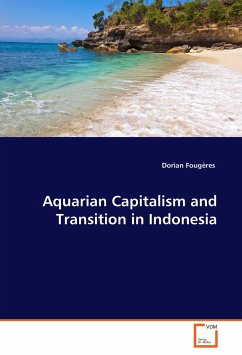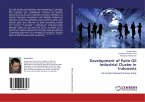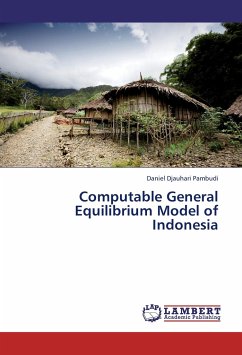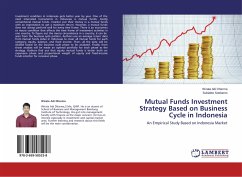This work examines the historical development of markets for high-value seafoods that link East and Southeast Asia. In particular it looks at the development of markets for live reef food fish and black tiger shrimp that link Indonesia, specifically South and Southeast Sulawesi, with China and Japan. It argues that the nature of marine resources and territories makes the dynamics of capitalist development in fisheries and aquaculture distinct from those in agriculture (hence "aquarian capitalism"), and examines the potential for these industries to contribute to national industrialization in Indonesia (hence "aquarian transition"). This inquiry into the nexus of capitalism, nature, and tropical marine commodities at the turn of the millennium contributes to scholarly debates in political ecology, agrarian studies, and economic geography, while also contributing to studies of the Indonesian economy and regional agro-food restructuring in East and Southeast Asia.








